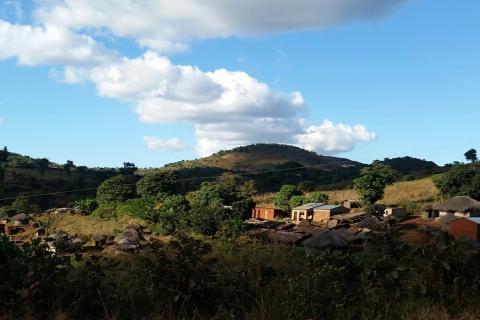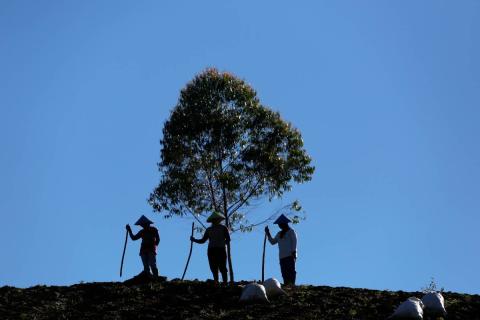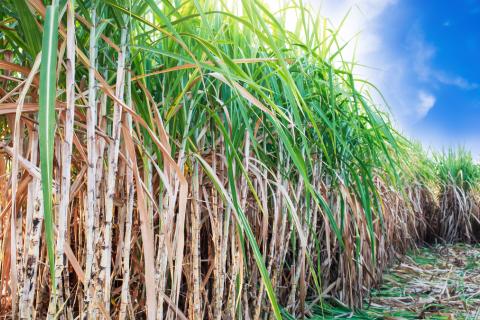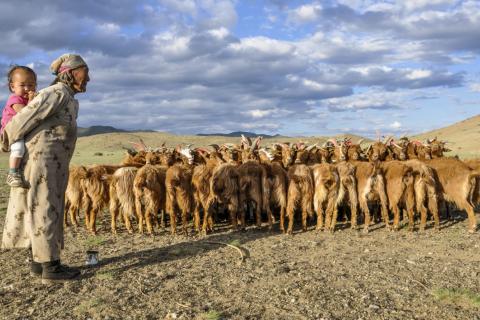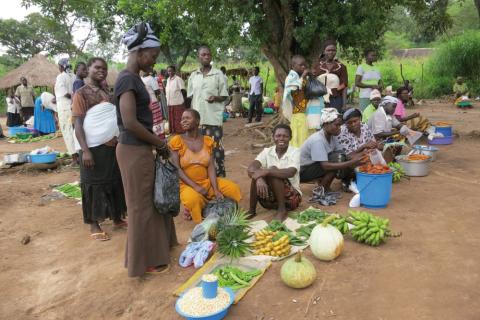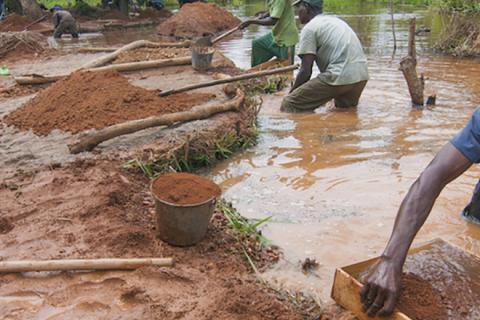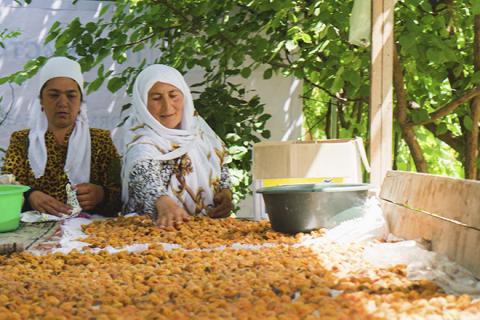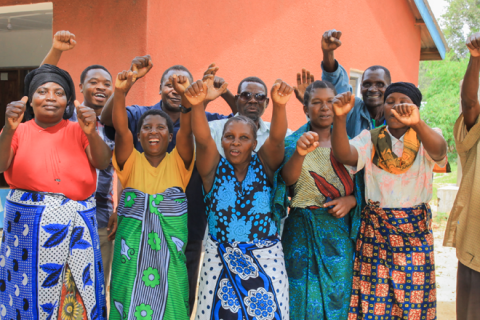International Soft-Law Instruments and Global Resource Governance: Reflections on the Tenure Guidelines
Following last week’s meeting of the UN Committee on World Food Security (CFS), this piece reflects on a key CFS soft-law instrument. It is an edited extract from the article “International Soft-Law Instruments and Global Resource Governance: Reflections on the Voluntary Guidelines on the Responsible Governance of Tenure”, Law, Environment and Development Journal (2017) 13(2):115-133. The full article can be freely downloaded at https://lead-journal.org/content/17115.pdf.

